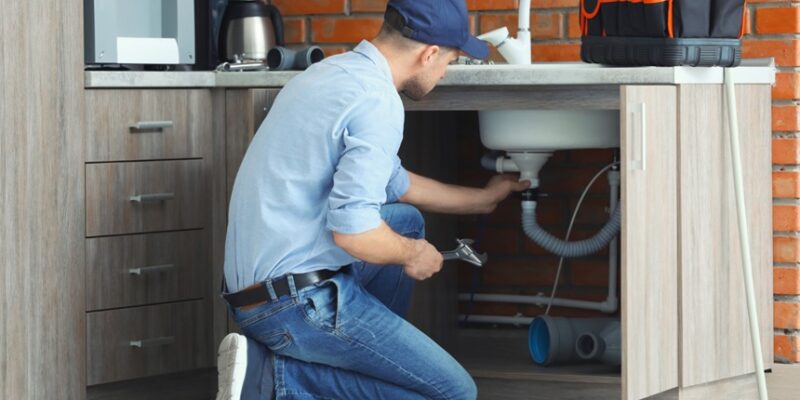An overflowing toilet can be both frustrating and messy. Before deciding whether to handle the problem yourself or call an expert, it’s important to weigh the pros and cons of each approach. For residents in need of immediate attention, a reliable plumbing service in Smyrna can be an excellent first step toward resolving the issue efficiently.
DIY Solutions
Taking the DIY approach can be tempting, especially if you notice the problem early. For common causes like minor clogs or a malfunctioning toilet tank mechanism, these quick fixes can help save time and money.
- Using a Plunger
A plunger is one of the simplest and most effective tools for clearing blockages. Place the rubber cup over the drain hole, push down, and pull up with consistent pressure. Repeat the process a few times, and if the clog isn’t too severe, water should start flowing again.
- Checking the Tank Components
Sometimes, the cause of overflow lies inside your toilet tank. Inspect the flapper, fill valve, and float to ensure they’re functioning properly. Adjusting a float to stop excess water or replacing a worn-out flapper are easy fixes for most homeowners.
- DIY Drain Cleaners
If the plunger doesn’t do the trick, consider using a combination of baking soda and vinegar to clear smaller clogs. Pour baking soda into the toilet bowl, follow it with vinegar, and wait for it to fizz for several minutes before flushing it with hot water.
While DIY methods can work well for minor issues, there are situations when they may worsen the problem or fail to offer a permanent solution.
When to Consider Professional Help
For complex or recurring toilet issues, it’s often best to call in a professional. Identifying the right moment to do so can save your home from significant water damage and other costly repairs. If you’re uncertain, you can find more information on when you should call a plumber for a clogged toilet, which elaborates on scenarios that call for expert intervention.
- Persistent Issues
If a clog keeps recurring, no matter how many DIY methods you try, it often indicates a deeper problem, like a blocked sewer line or damaged pipes. Professionals use advanced tools like drain snakes and cameras to nail down the root cause.
- Extensive Water Damage
Overflowing toilets can lead to water seeping into your flooring and walls, causing structural damage and mold growth. A qualified plumber can not only fix the immediate issue but also assess whether repairs need to be made to prevent long-term damage.
- Peace of Mind
Handling plumbing emergencies can be stressful for many. Knowing the job is being completed by an expert provides peace of mind, ensuring the fix will last longer and meet safety standards.
Balancing Cost and Convenience
Cost is often a significant factor when choosing between DIY and professional solutions. While most DIY fixes are affordable, they can lead to costly problems down the line if not performed correctly. On the other hand, professional services may feel expensive upfront, but they often deliver a thorough and lasting solution.
For seasonal maintenance that can help prevent toilet overflows and other plumbing problems, consider reading this helpful article on preparing your pipes for every weather. Proper upkeep can minimize emergencies and extend the life of your plumbing fixtures.
Conclusion
Deciding between DIY and professional solutions for fixing an overflowing toilet depends on the severity of the problem and the tools or skills at your disposal. Minor clogs are often manageable with simple techniques like plunging or inspecting the tank, but larger issues demand professional attention. By knowing when to step back and call an expert, you can save time, money, and unnecessary stress. Always prioritize the long-term health of your plumbing system to keep your home running smoothly.

Comments